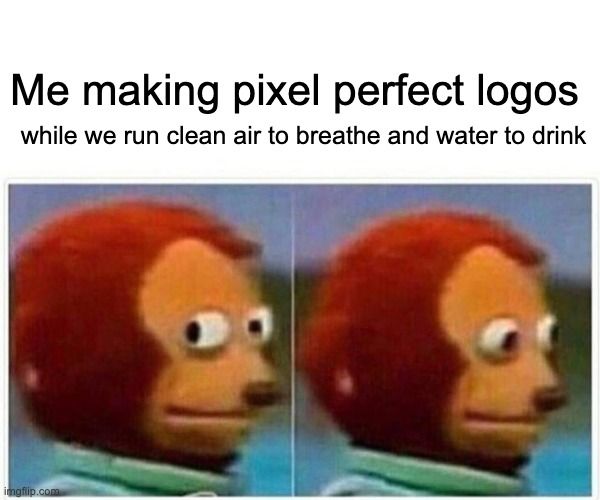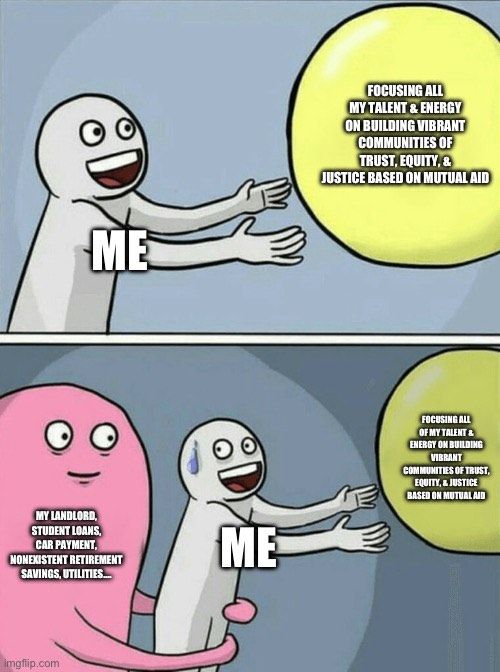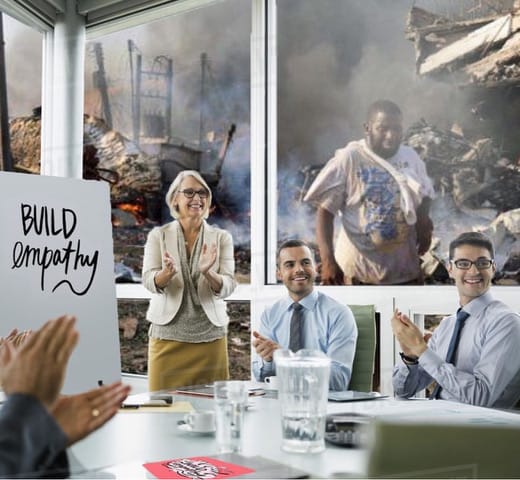In the paradox of trying to be a critical designer, I tried using memes to move past hopelessness and find connection.
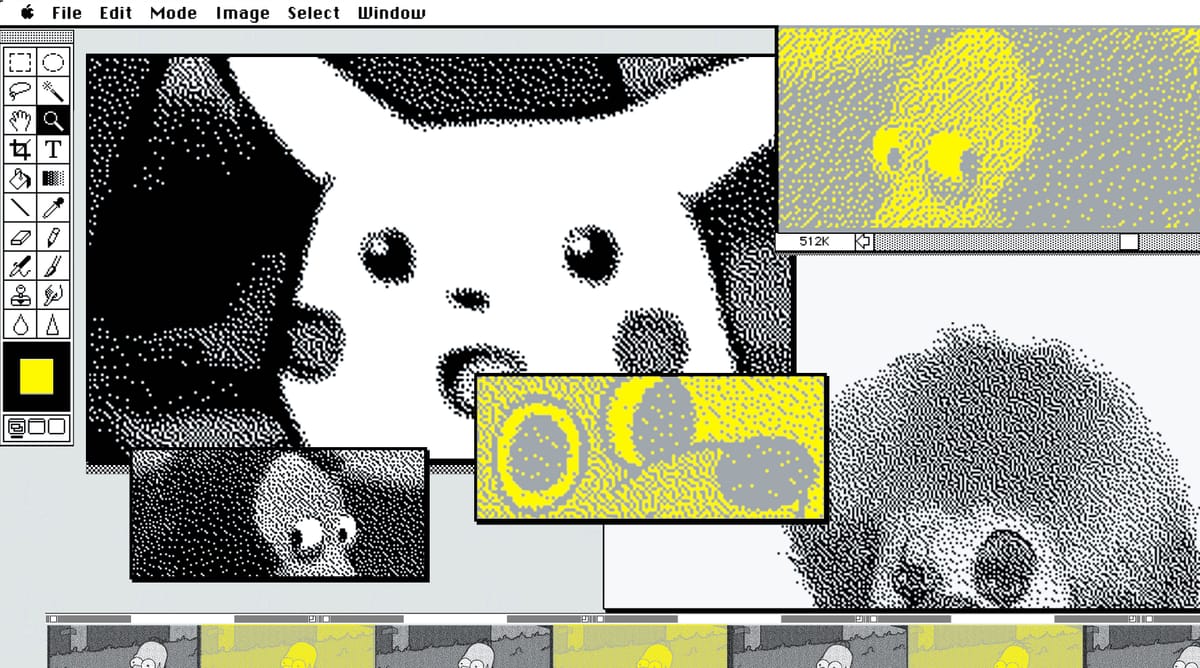
Meming towards purpose in the polycrisis.
“I have been exposed, trained, built up, to be the kind of service designer who would not stop at making a service “better” for “users”. But to also question, better for who? To ask who benefits and who is harmed? To be a designer who tries to find more socially and environmentally just ways of doing, thinking and being, not just for myself but for the systems in which I hope to work in my future career.”
Late in 2022, during yet another one of my masochistic doom scrolling sessions on LinkedIn, I came across Afonso de Matos’ thesis project asking “who can afford to be critical?”
‘Critical Designers’, produced by an increasing number of design schools, are prompted to address social, political and environmental issues through their practices. Yet, who can afford to continue such an effort after graduation?
The question, a criticism of critical design, made me laugh the same way I laugh when I make a self-deprecating joke. Afonso had put words to an inner conflict I hadn’t realised had been rising in me since I started on my own MA education in service design at UAL that same year.

I have been exposed, trained, built up, to be the kind of service designer who would not stop at making a service “better” for “users”. But to also question, better for who? To ask who benefits and who is harmed? To be a designer who tries to find more socially and environmentally just ways of doing, thinking and being, not just for myself but for the systems in which I hope to work in my future career.
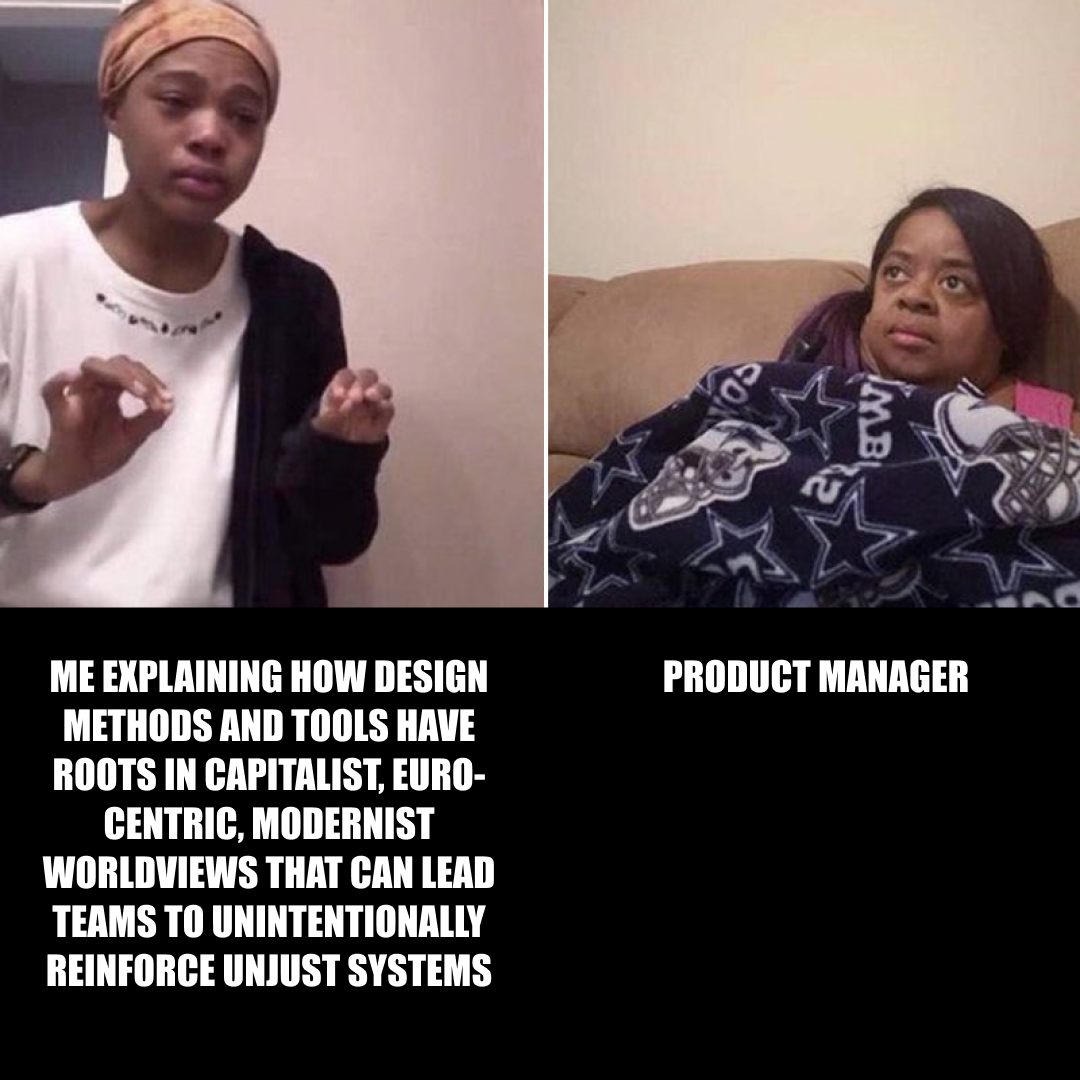
But am I being naïve? Over and over, I have met designers with titles containing words like Director, Head, Lead, who would deride me with “you’re overthinking”, or “the real world doesn’t work that way”.
Sure, there is some naivete I cannot avoid as a student with the privilege of exploring my design practice in an academic setting. But I refuse to believe that the “real world” has no room for designers to be critical in their practice. Otherwise, what would be the point of anything? After all, “all design is critical”. I believe there is a necessity for designers to be critical, but that there is a paradox in that stance.
A designer’s paradox
The paradox lies between the ethical values of critical design practice and the realities of the systems which employ designers.
On one hand, there is an increasing rhetoric calling for design justice, critical and speculative design, pluriversal worldviews, transition design, and other similar desires to use the practice of design to shift our world toward more socially and environmentally just systems, today and in the long-term future.
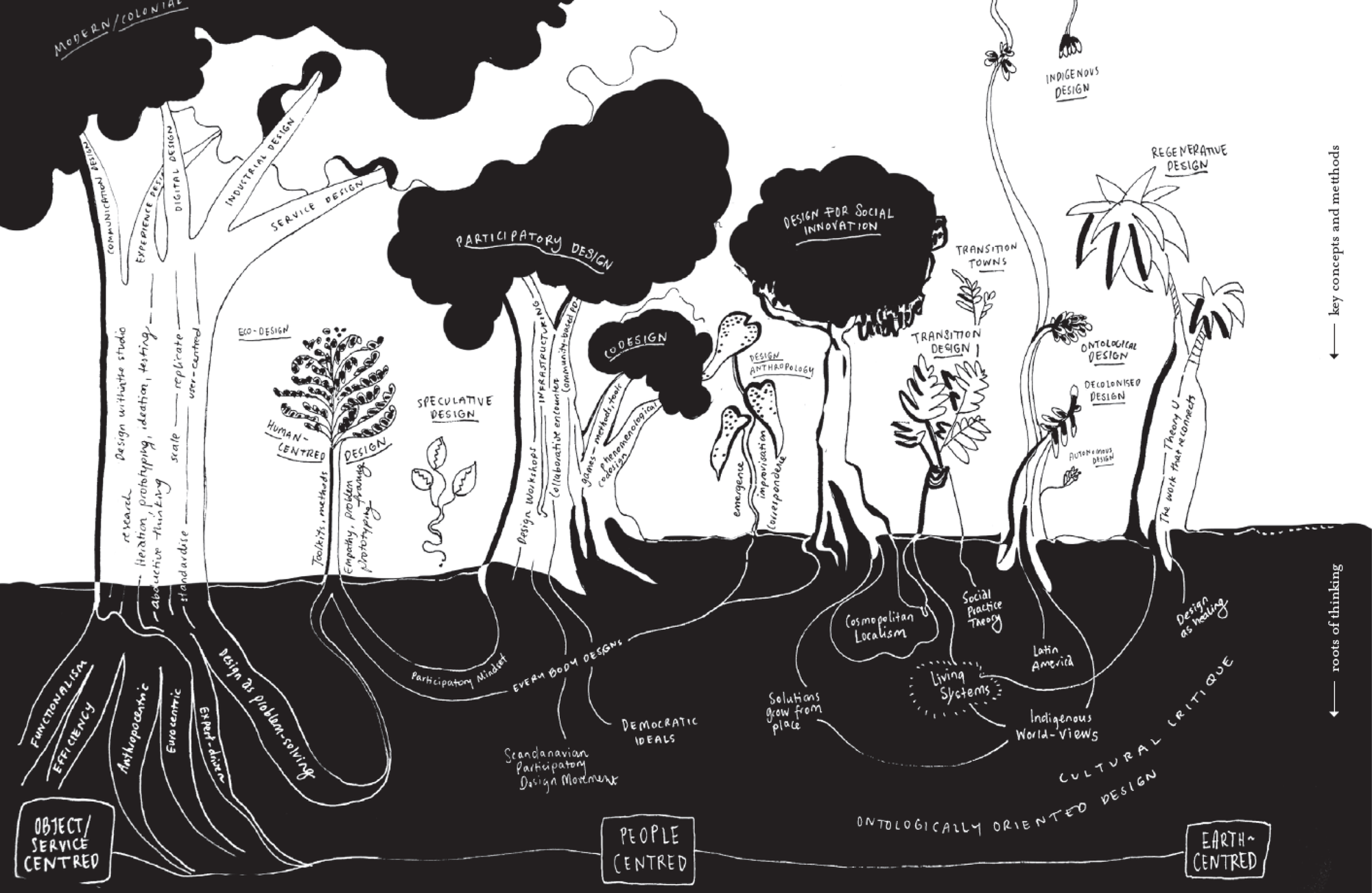
On the other, designers find themselves embedded and living within late capitalist systems that focus their craft on extractivist, profit-driven and de-humanising goals that reinforce unjust systems.
Alex Wright, Head of UX at Google News, remarks in his dissertation that these tensions “beget profound inner conflicts”, as designers “reckon with a cognitive gulf between the more humane, holistic worldview to which they aspire and the ‘internalised capitalism’ that organisational priorities often demand”.
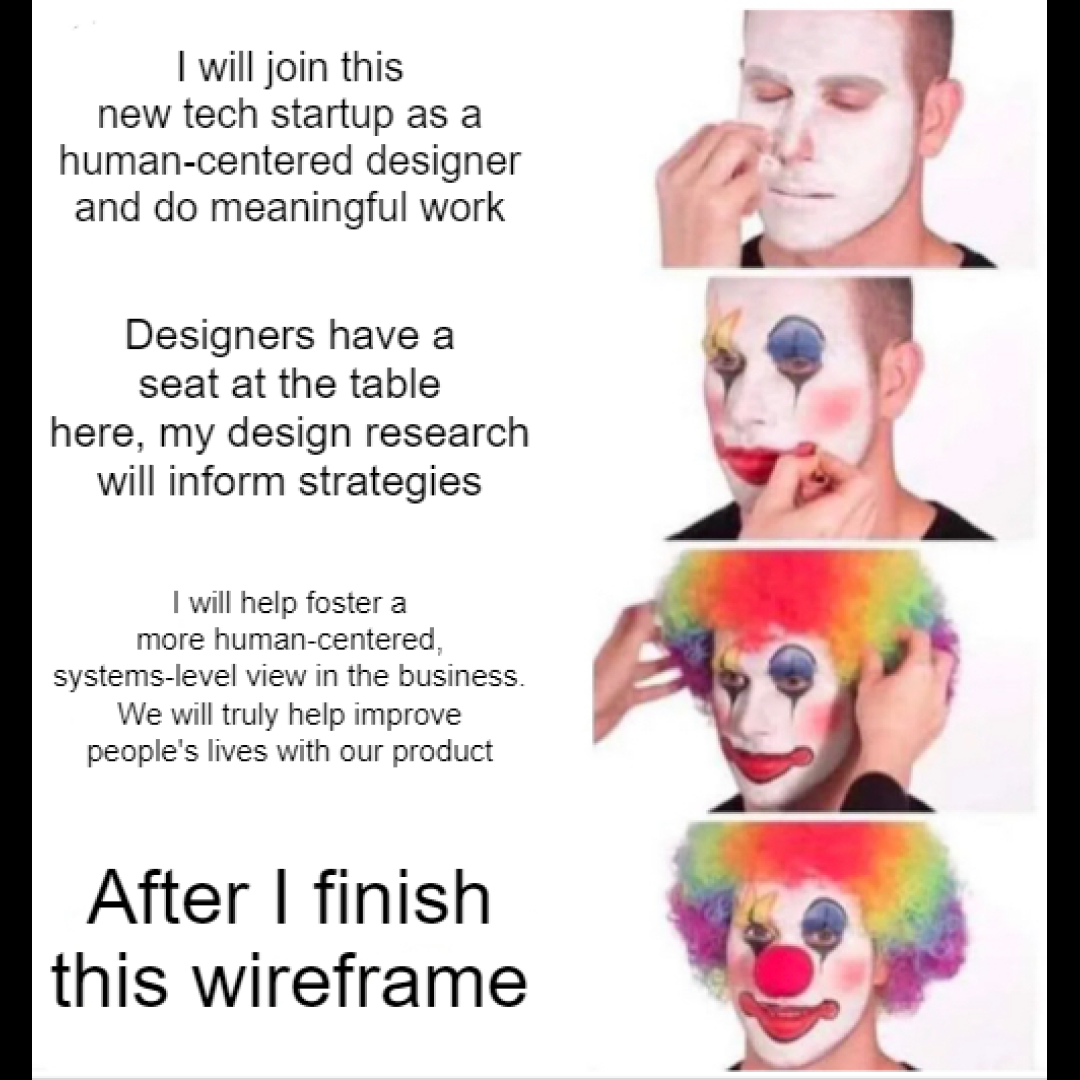
Memes as a reflective tool
Not the healthiest of coping mechanisms, I know, but I chose to explore the heaviness of this paradox with self-deprecating humour and memes. For your entertainment but also depression but also optimism, here are the memes I created in my attempt to describe the experience of this internal conflict.
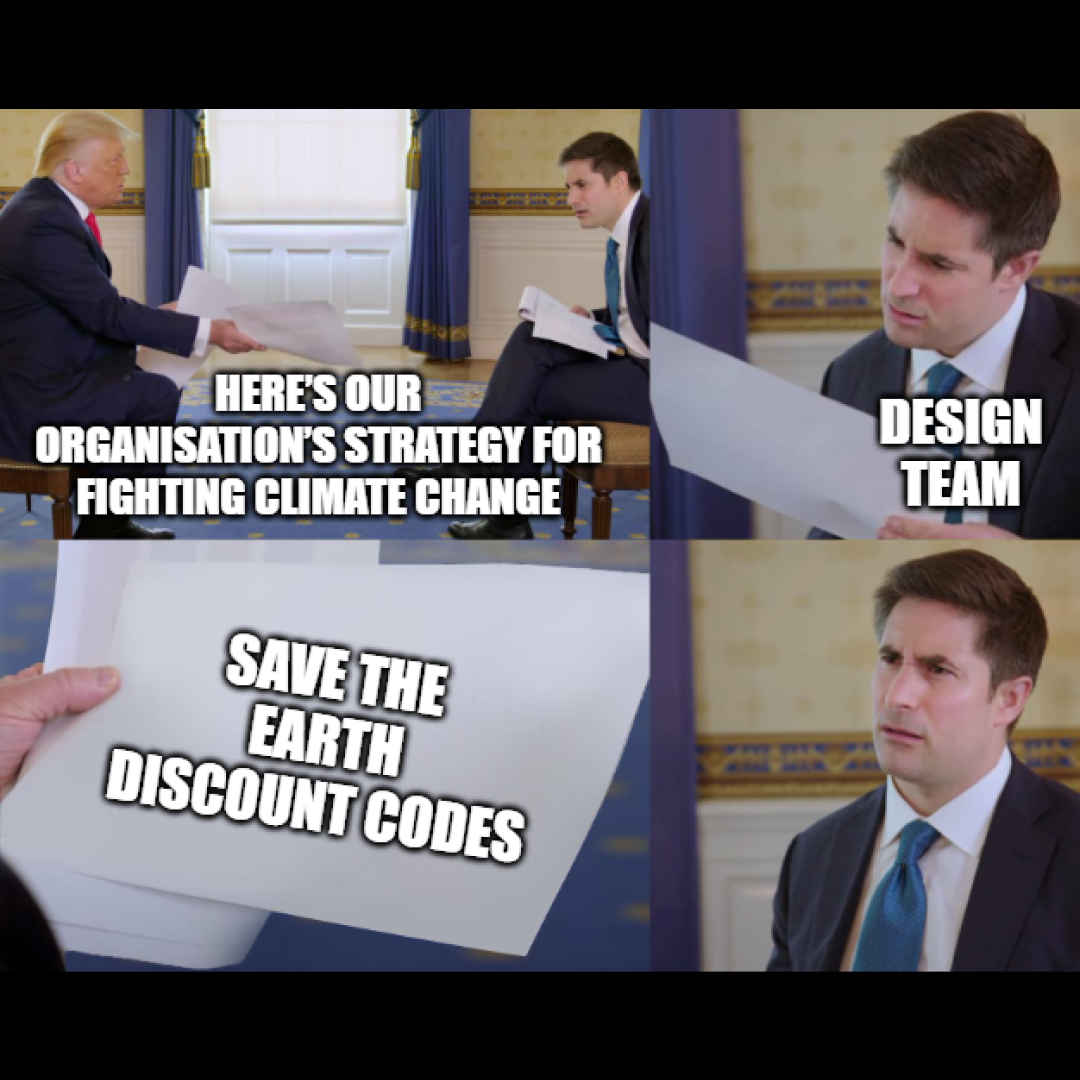
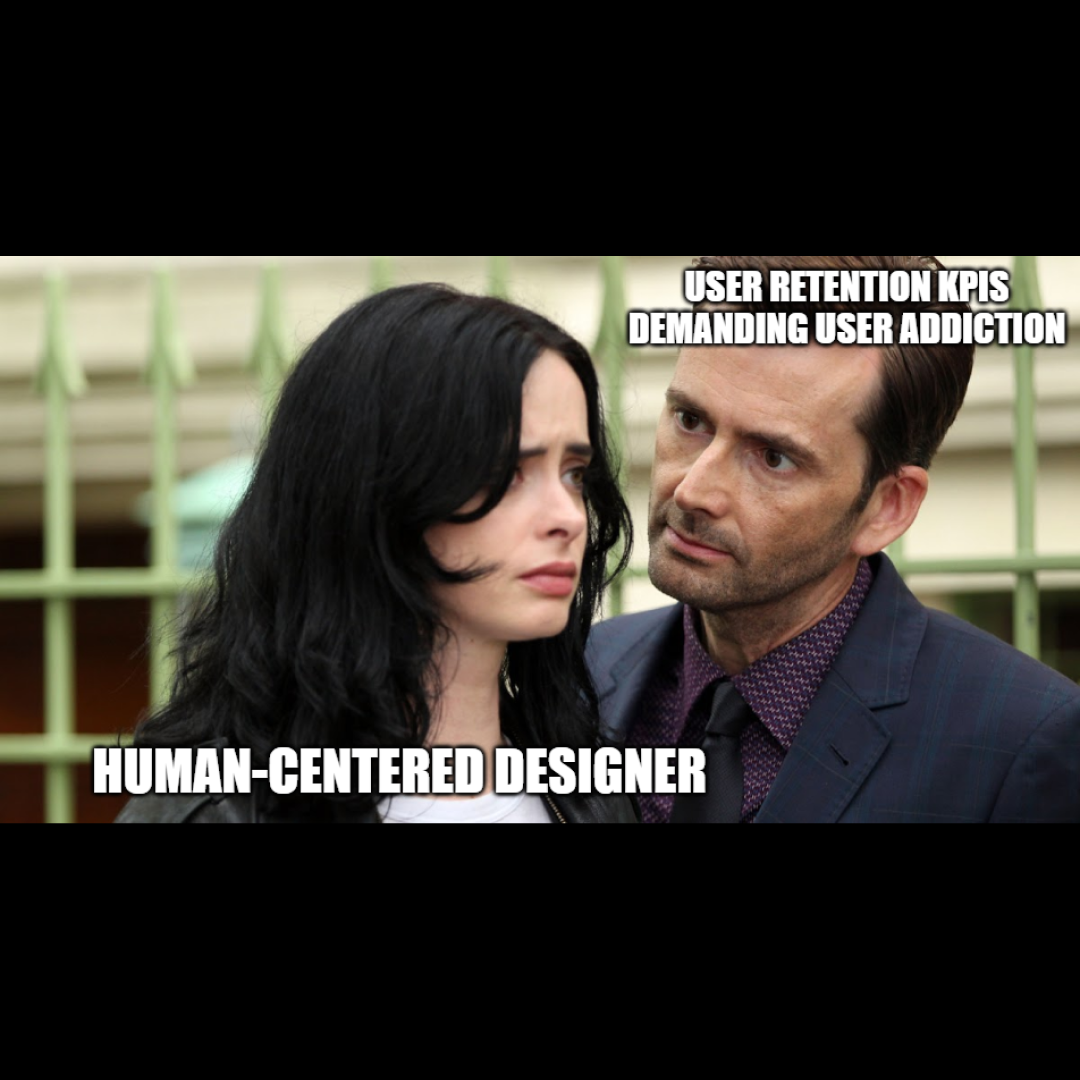
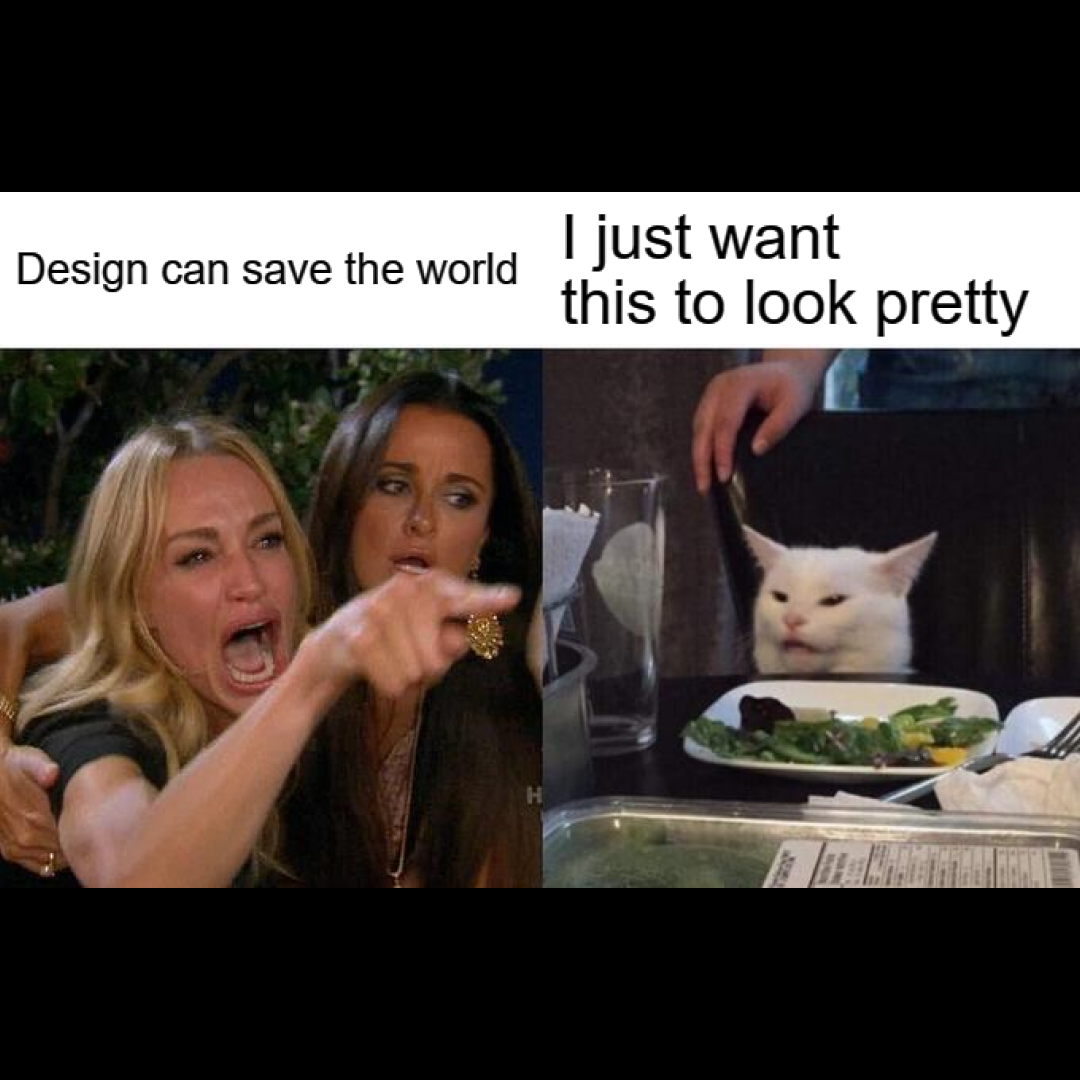
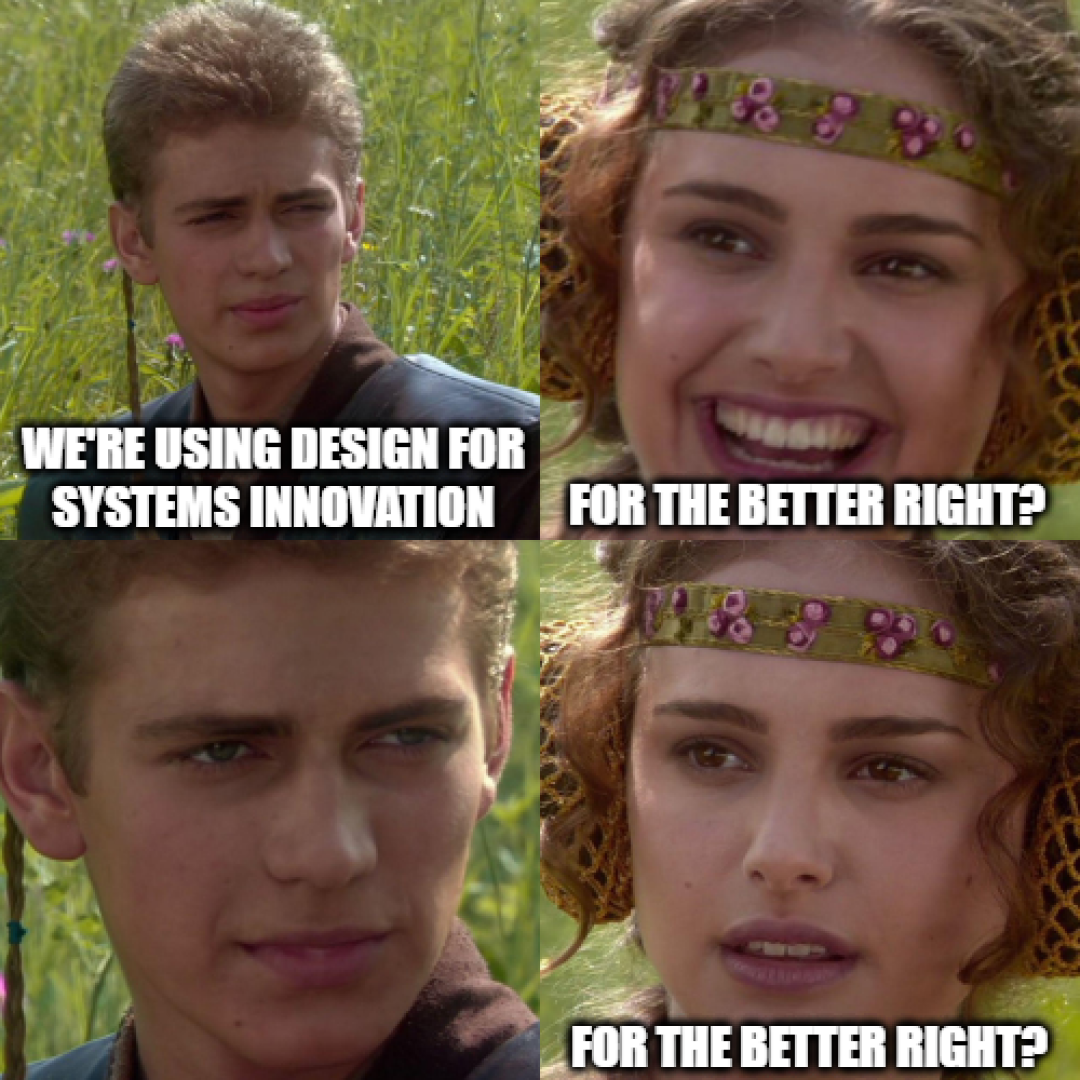

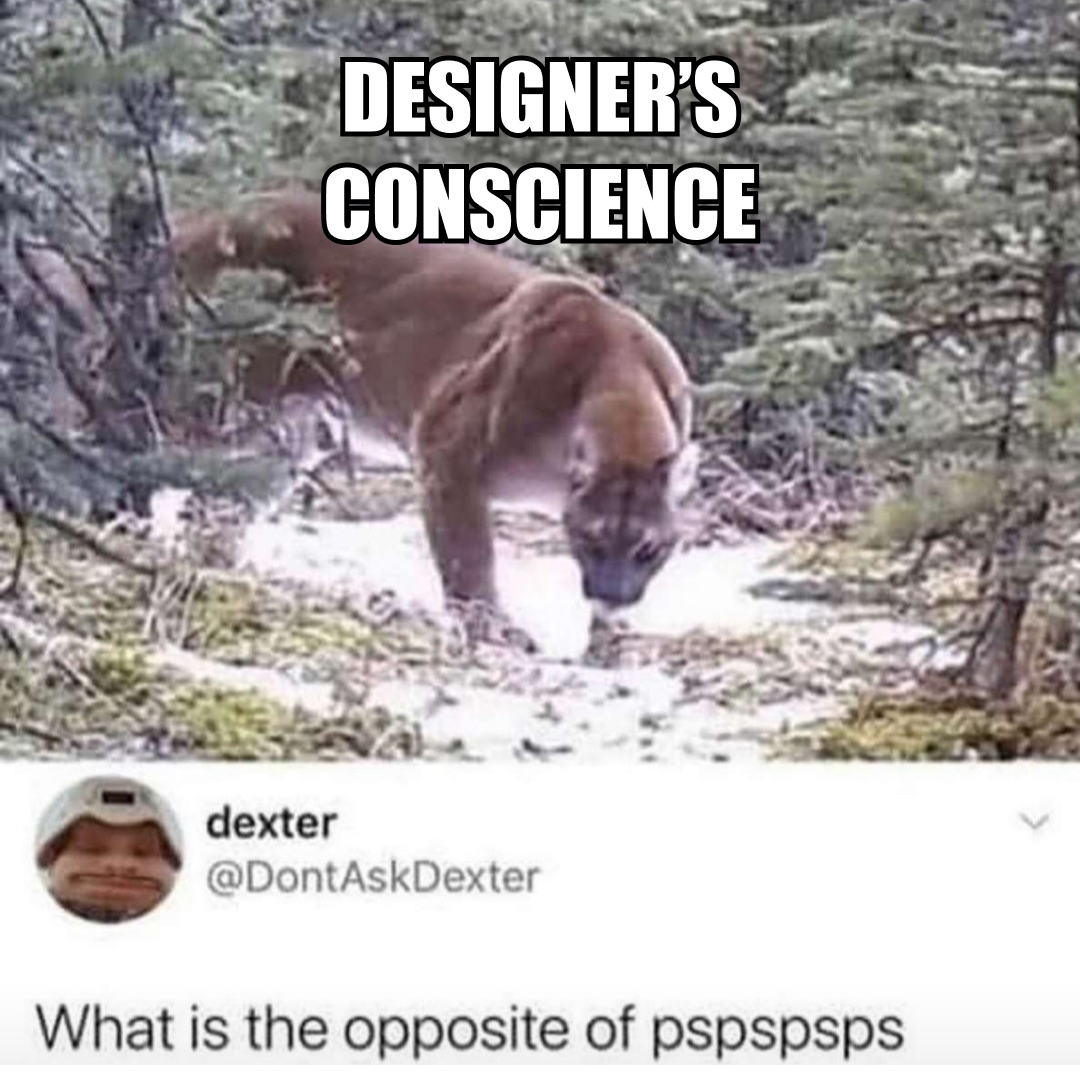
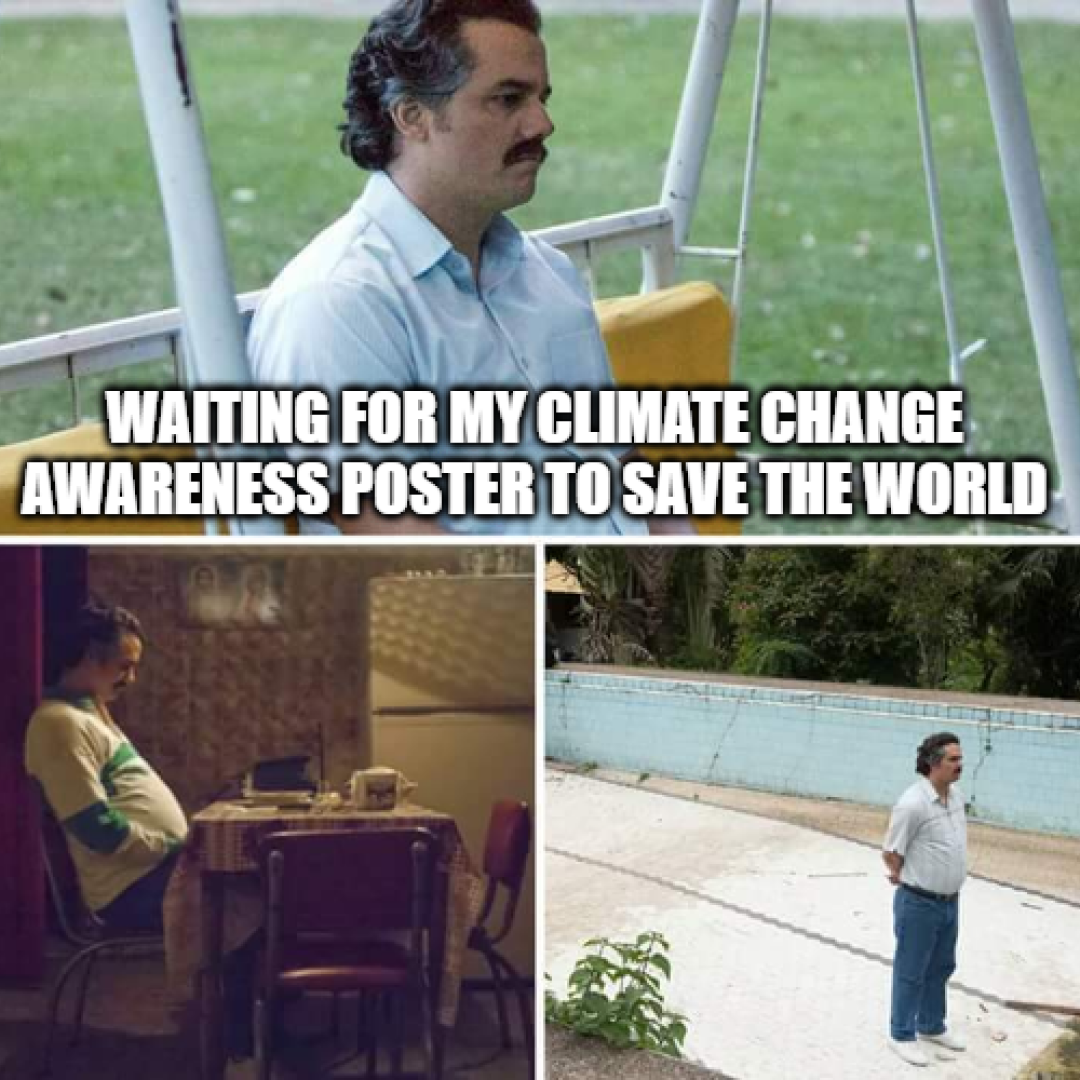
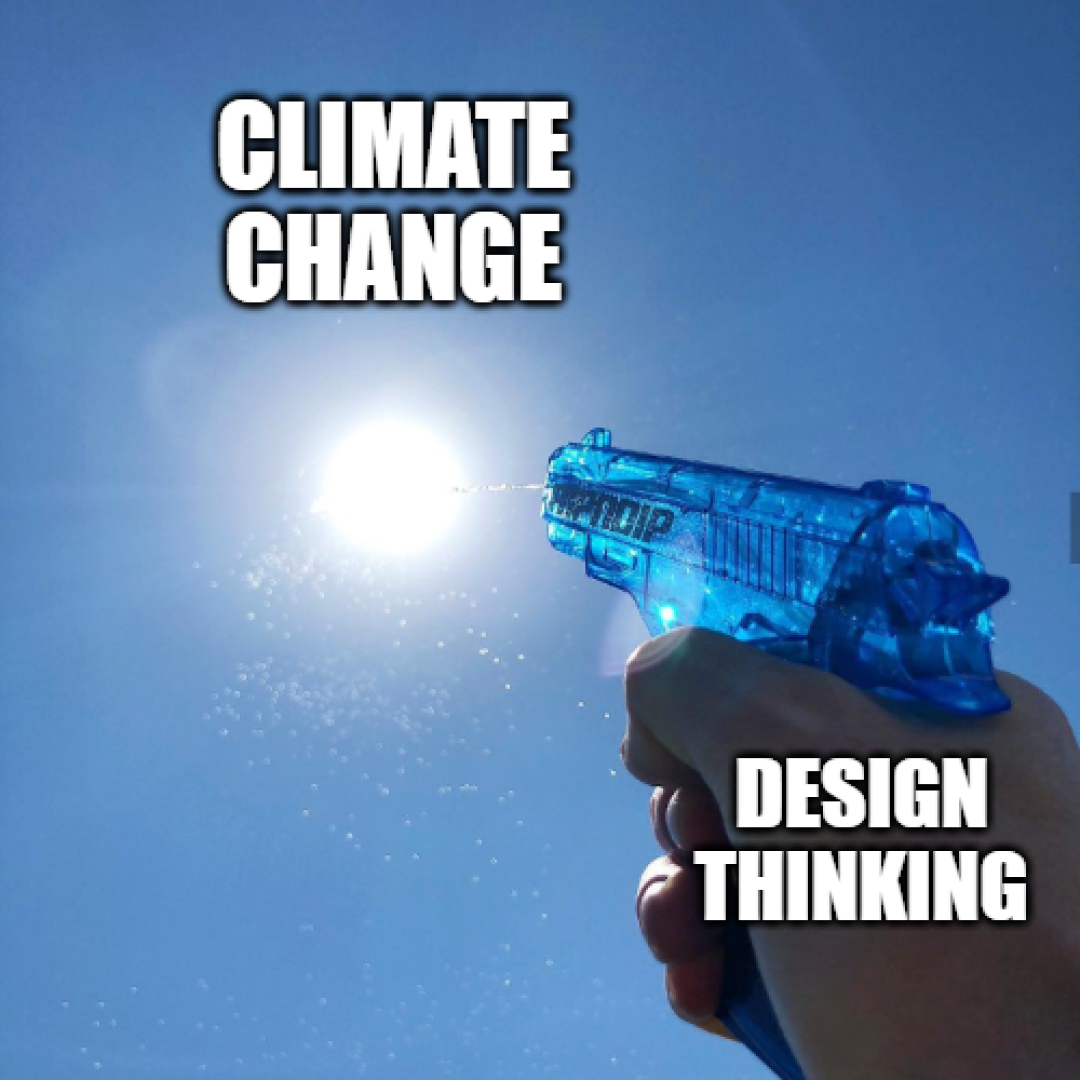
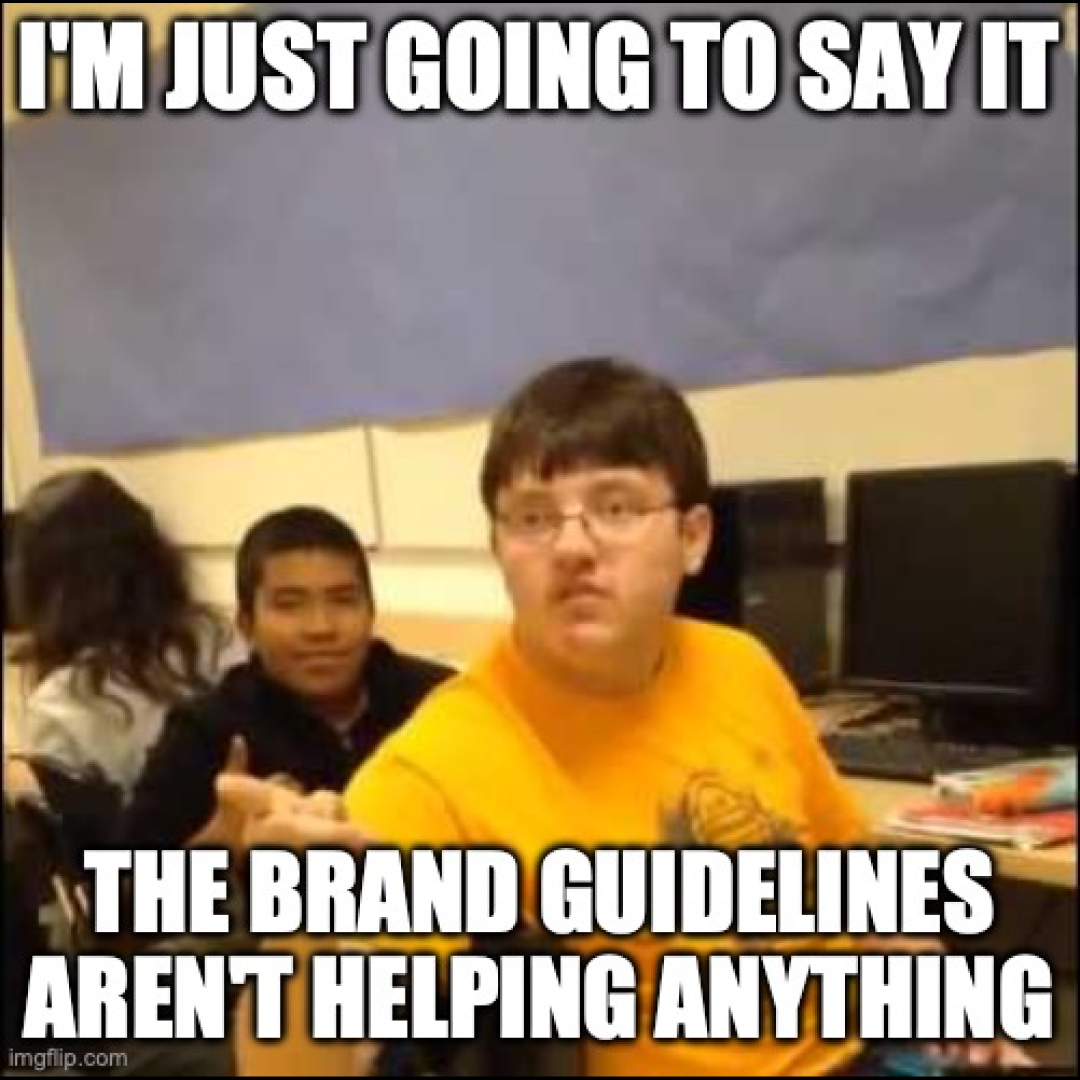
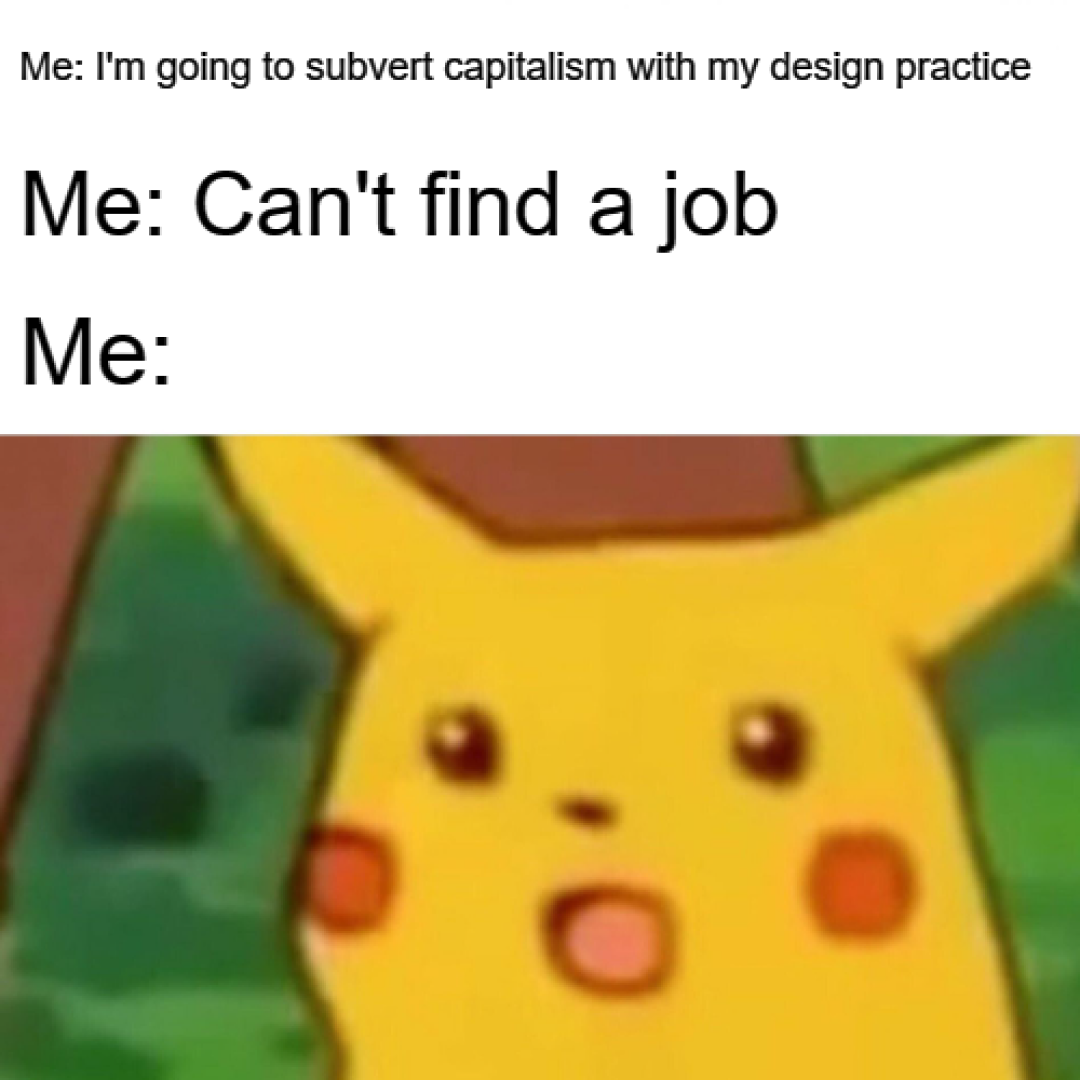
The memes are essentially a critical reflection of how I want to define my own design practice. What is my craft? What do I want to build? What kind of designer do I want to be?
I found, much to my pleasure, that the existential dread that typically accompanies these sort of questions was also mixed with a sense of energy when I approached them with humour. It was perhaps the closest I have gotten to truly experiencing what Matthew Wizinsky describes as “critical optimism”, in his book Design after Capitalism.
I know I am not alone in finding it a challenge to access a posture of optimism as I explore how to be critical in my design practice. This is a posture that seems to be necessary if I want to have conversations on how design can and cannot influence the distribution of harms and benefits in society.
Self-deprecating humour to find solidarity
With a collection of memes in my hands now, I did what I think any normal person would do. Share them for the lols and try to get others to create memes too.
I organised two virtual meetups with designers in my network. Both classmates and distant LinkedIn connections showed up. Here is a collection of what they came up with:
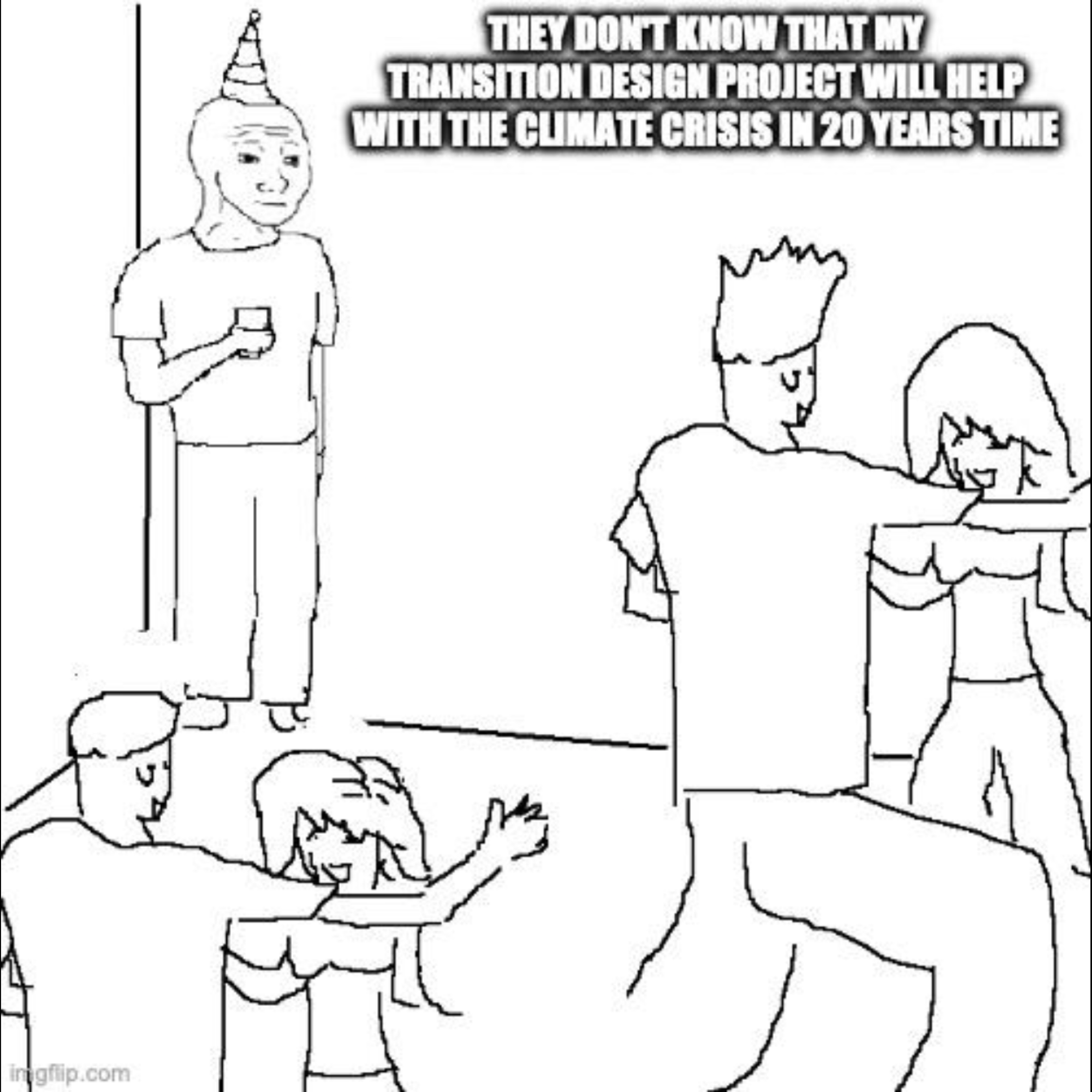
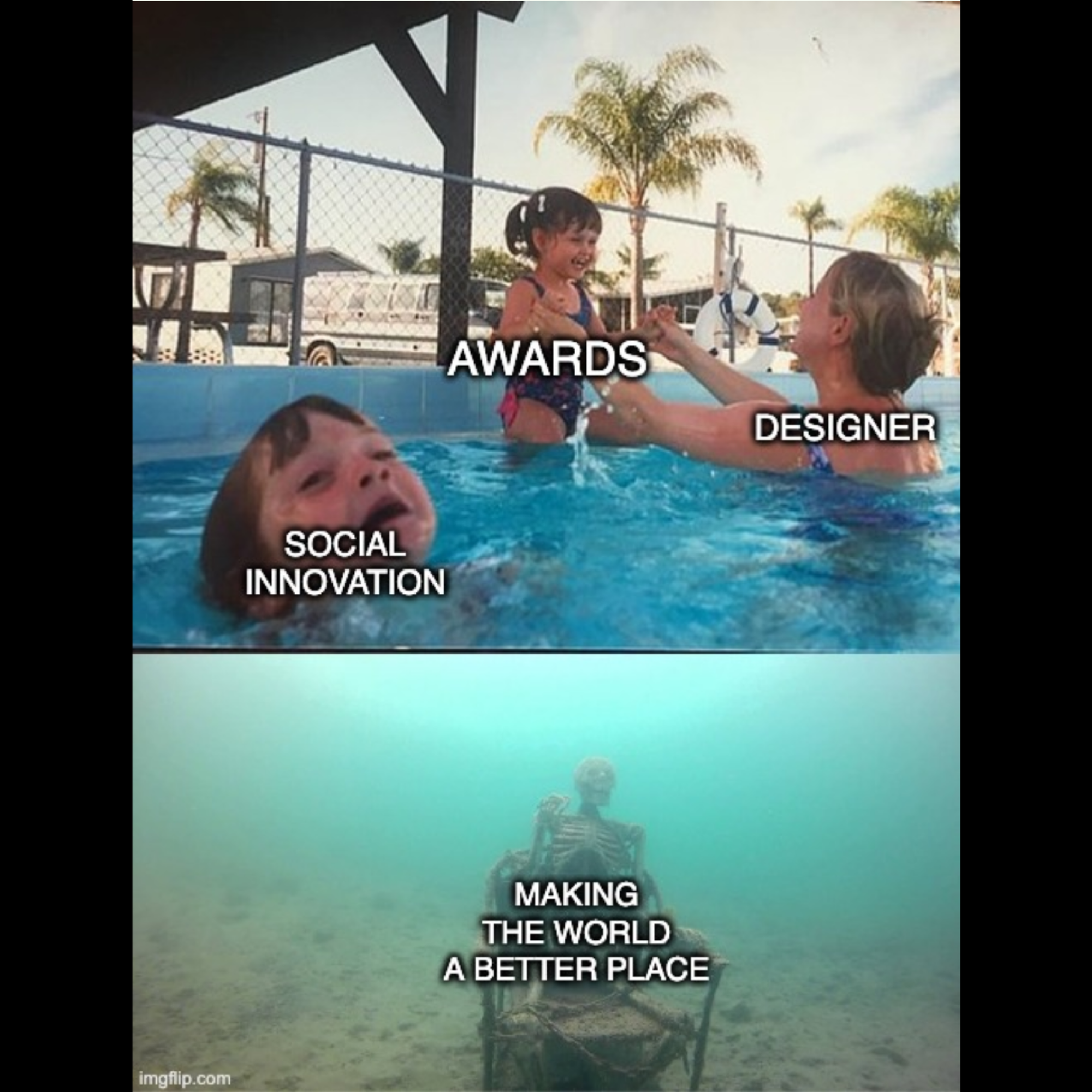
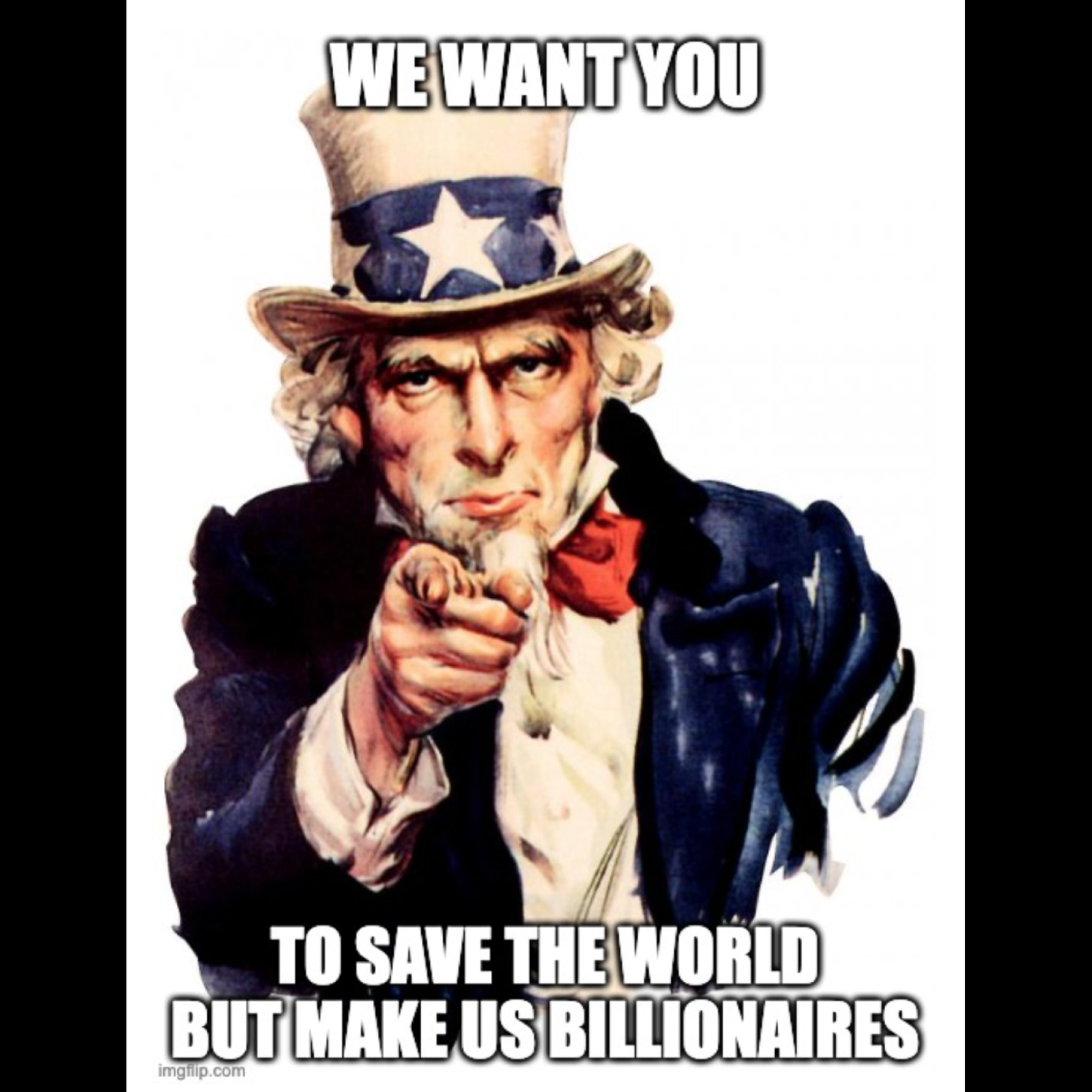
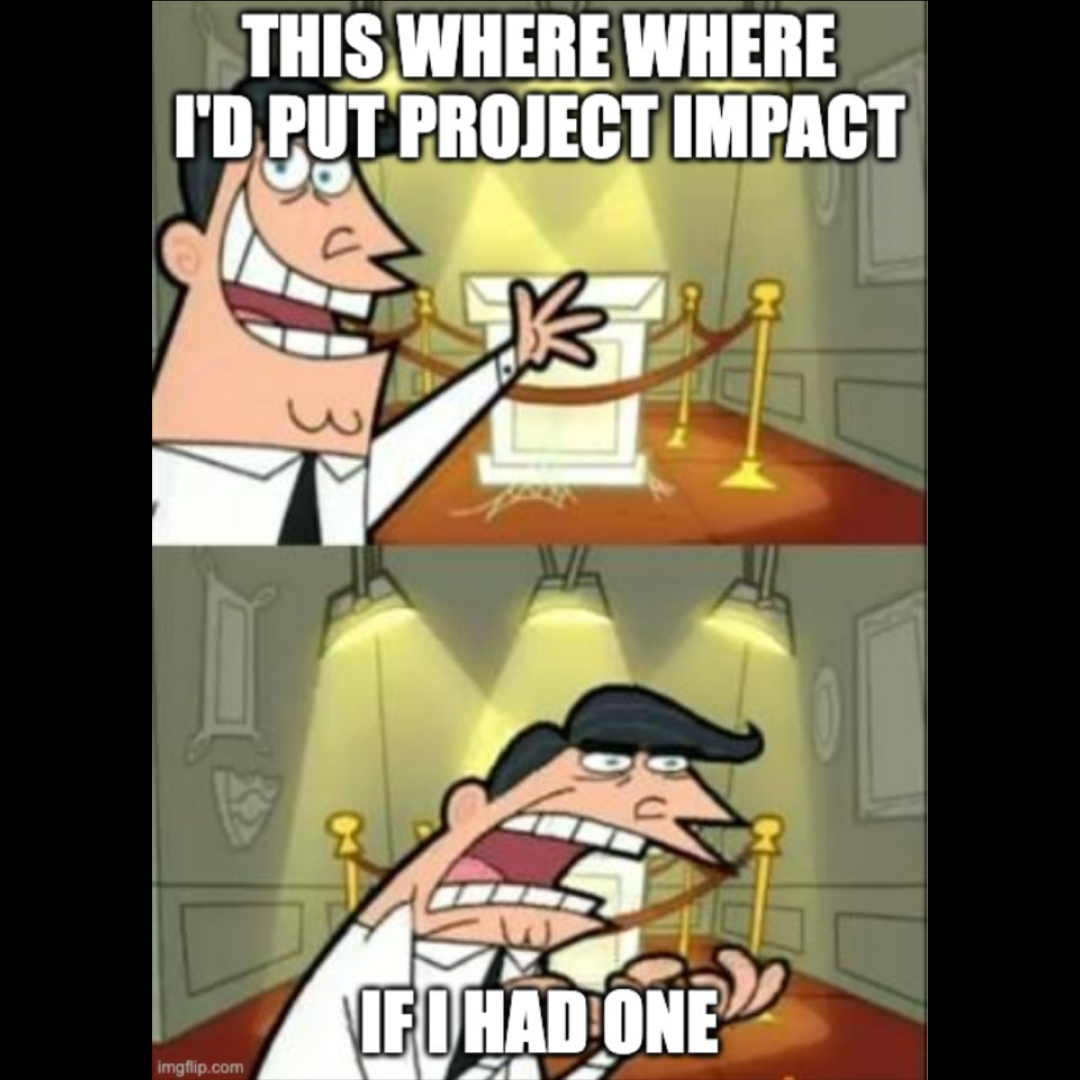
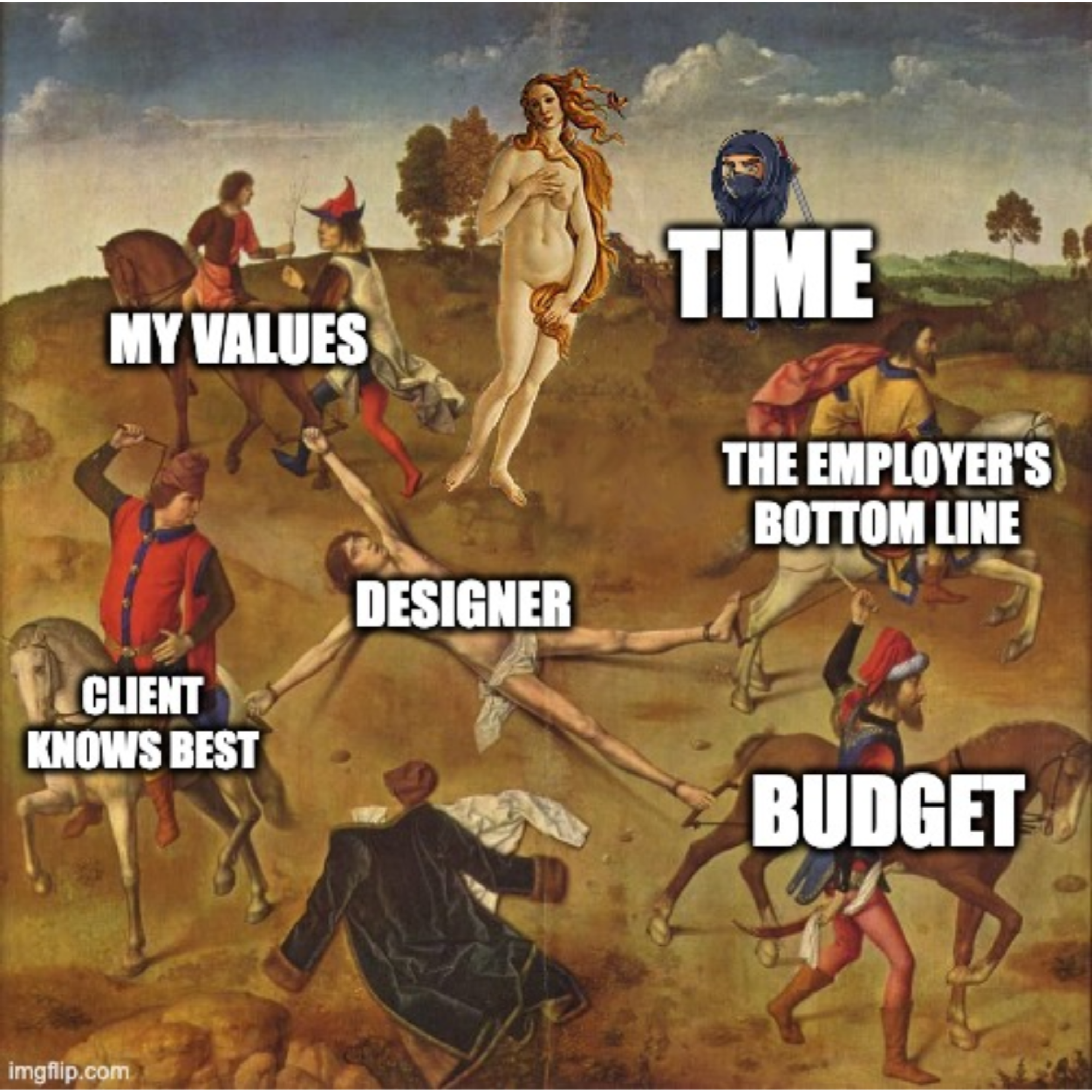
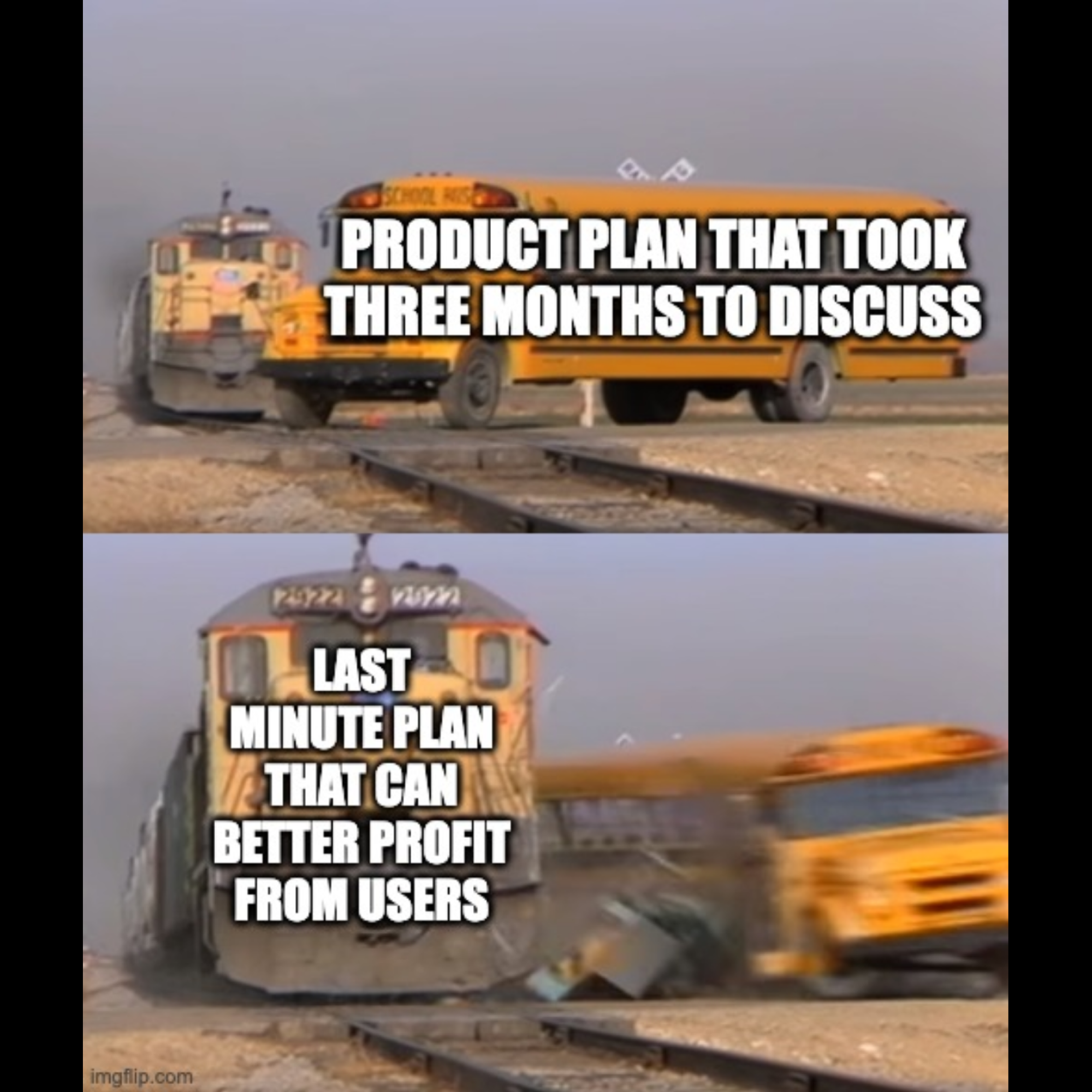
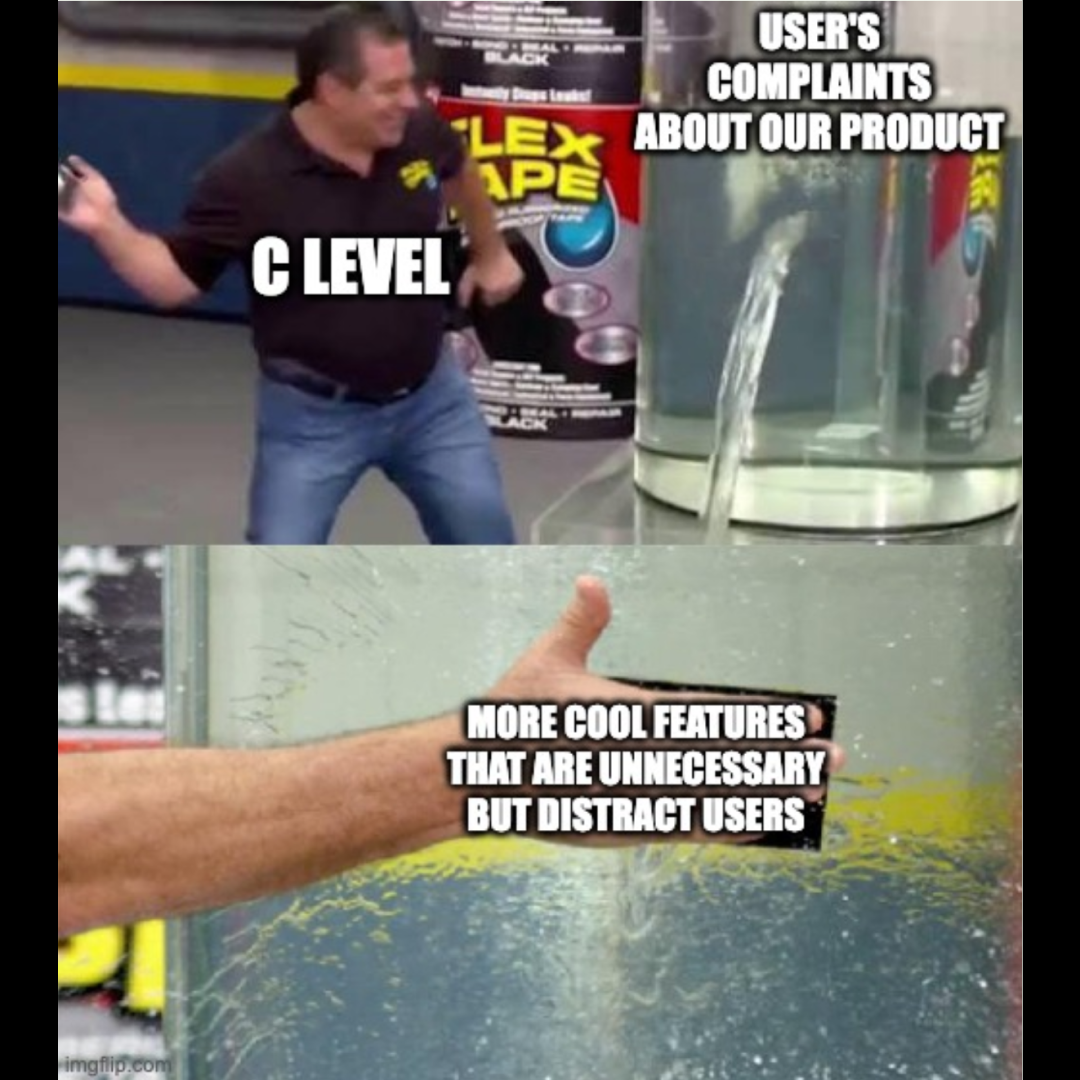
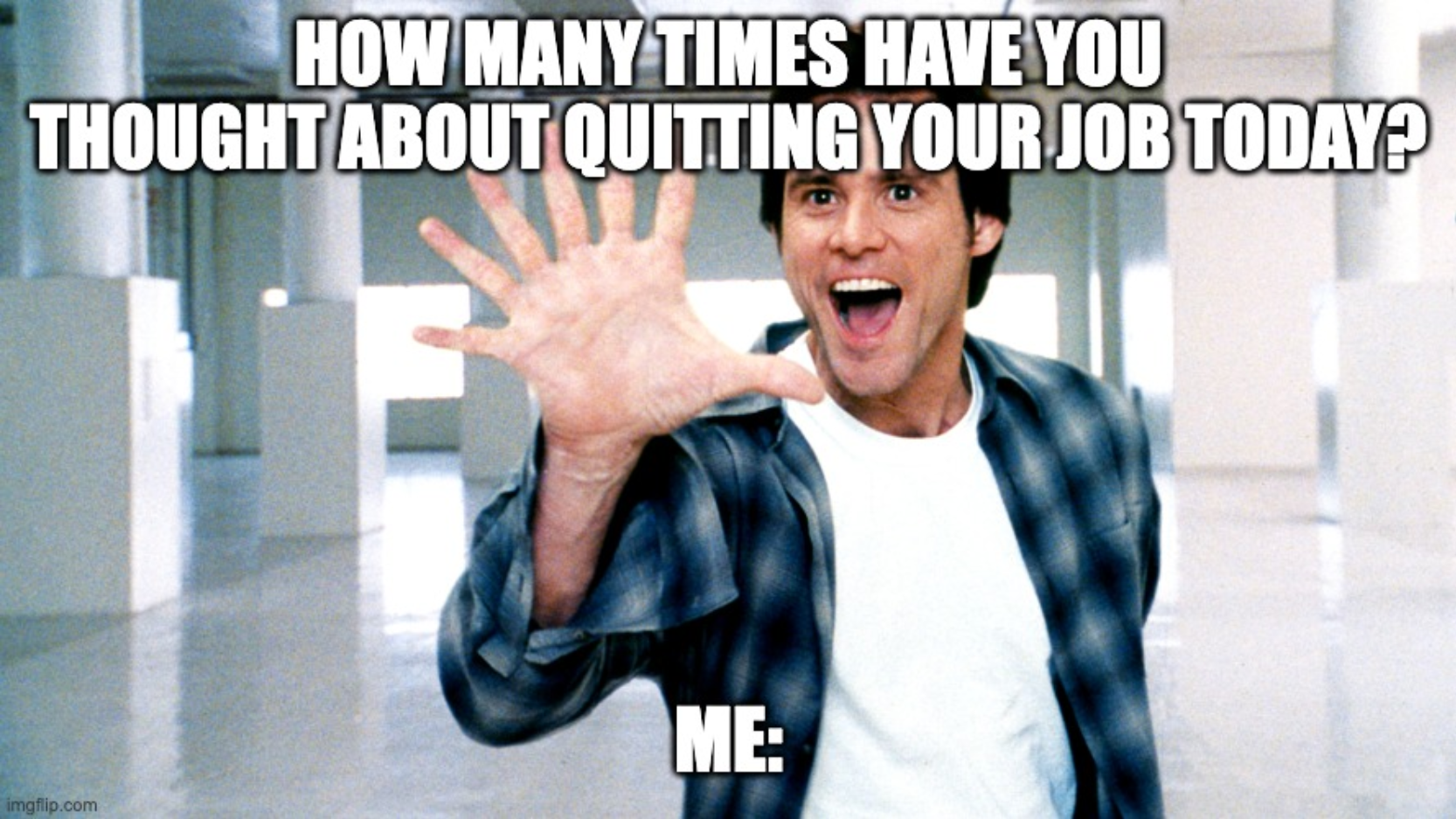
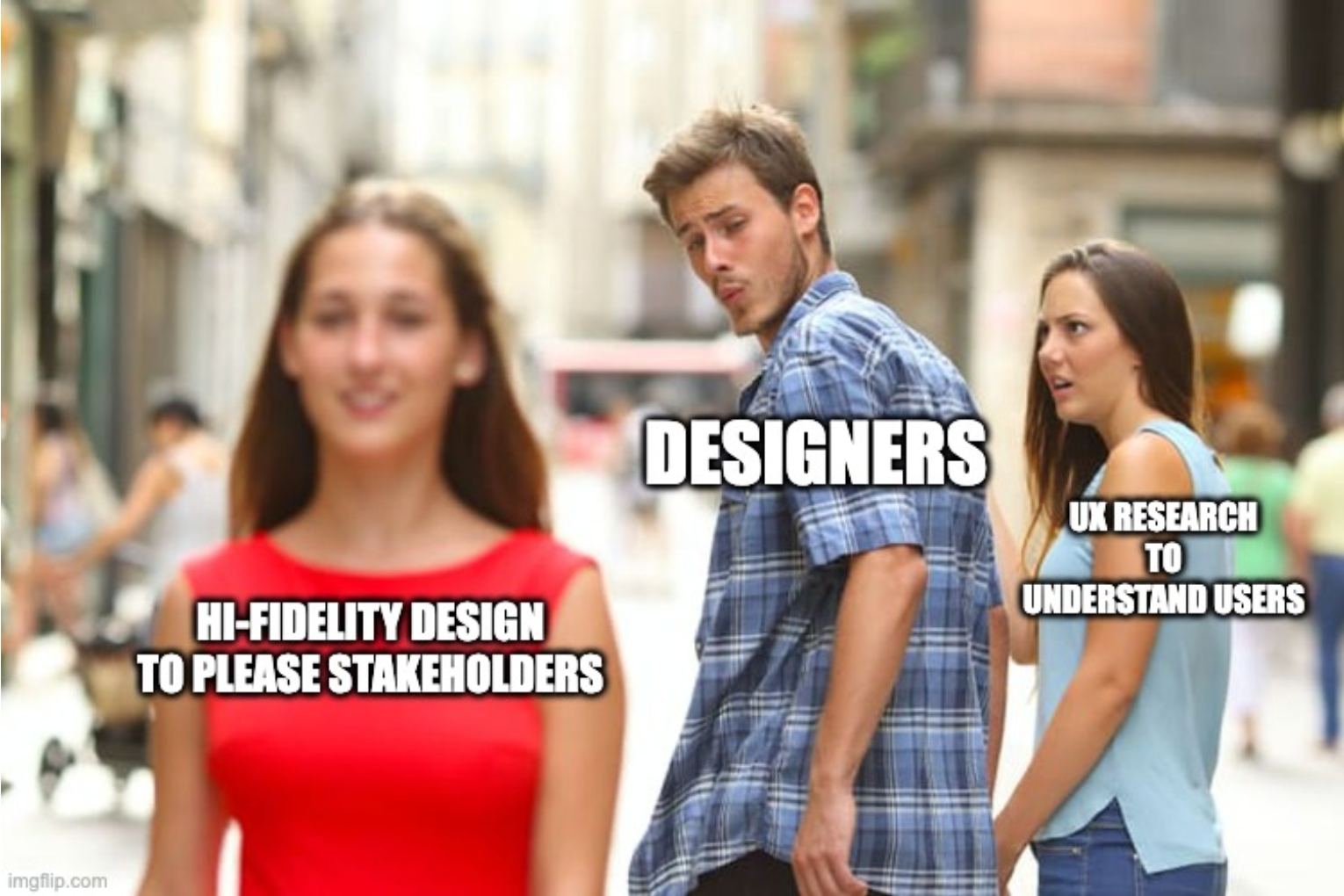
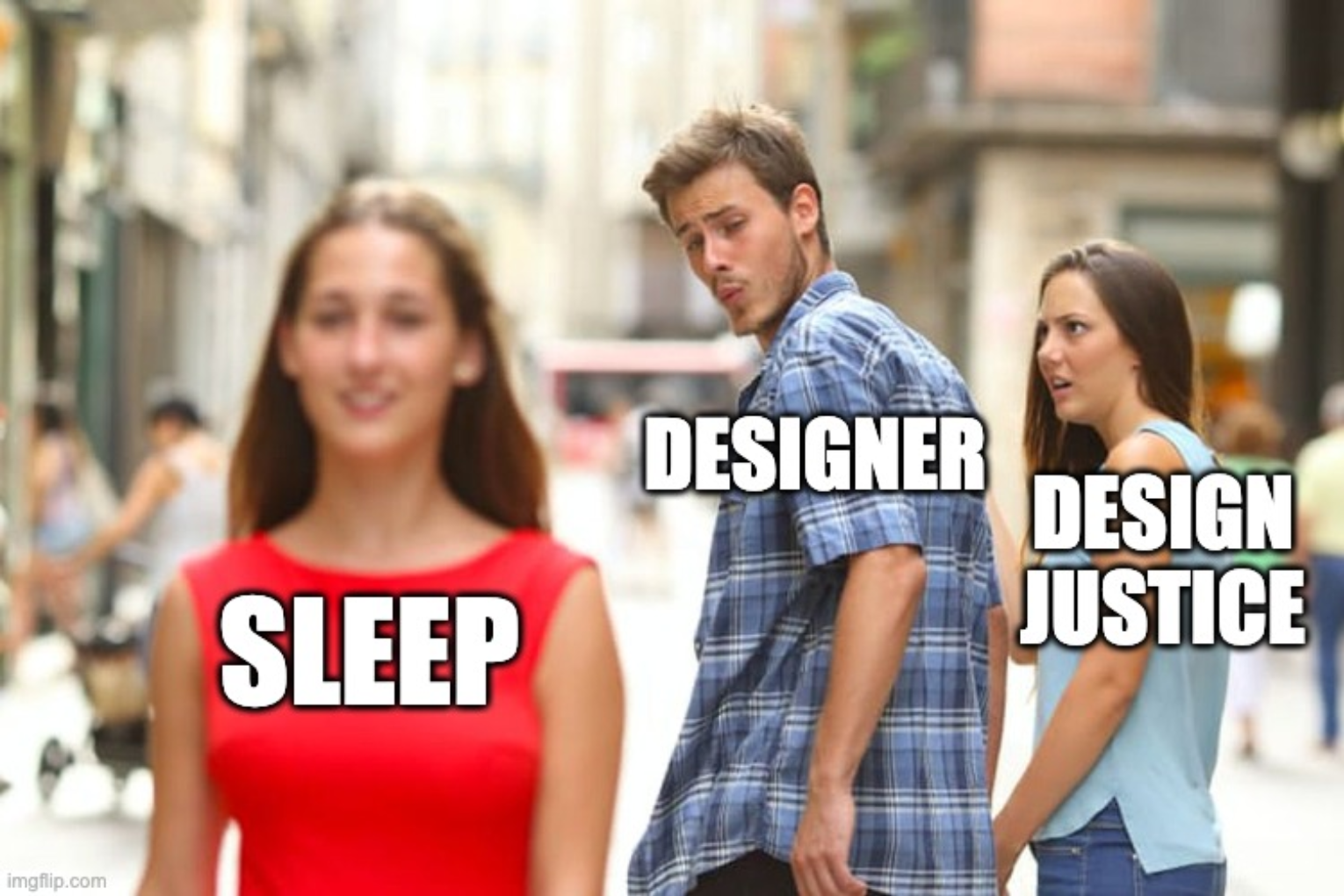
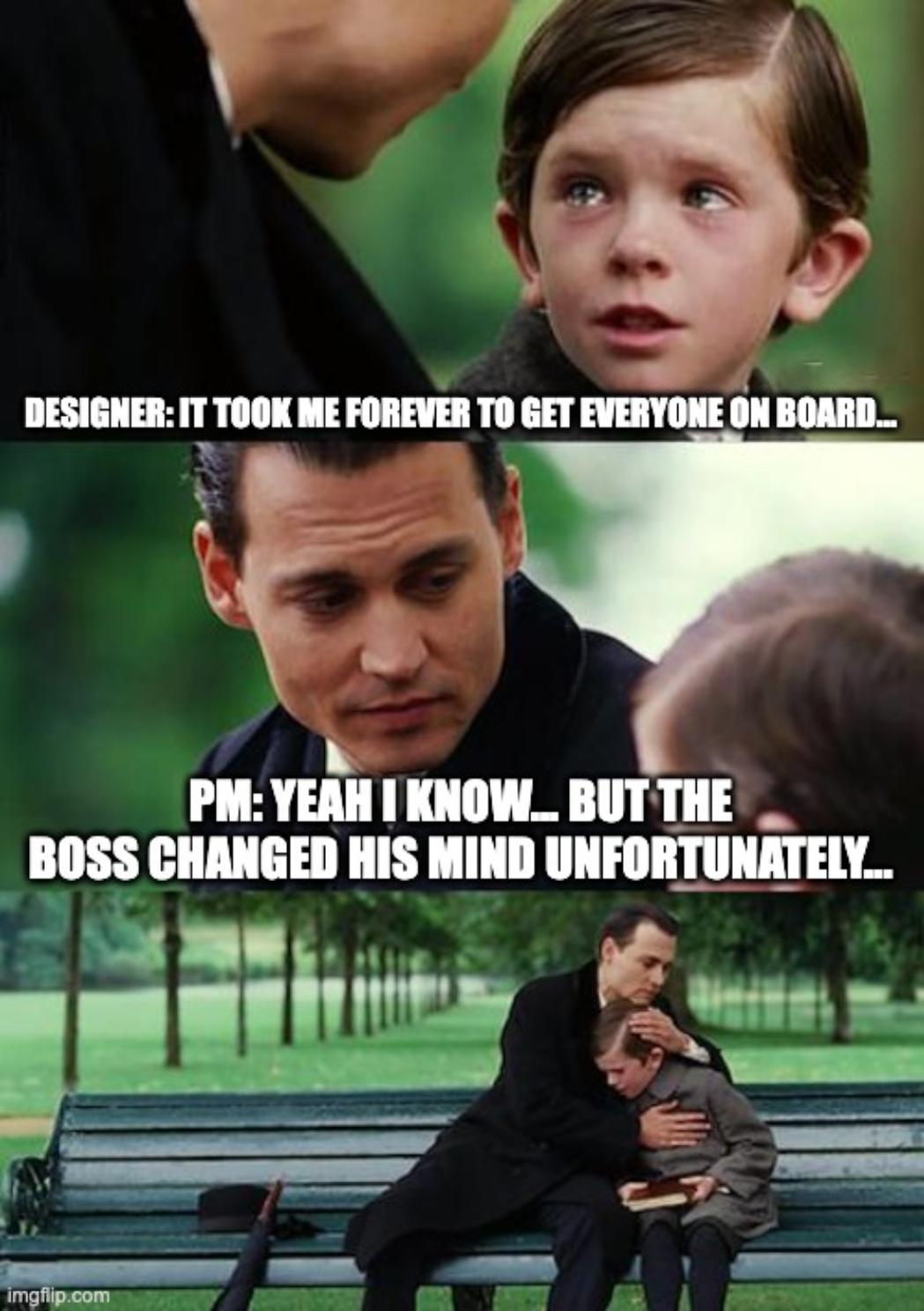
I still often wonder if this is all just in my head, that perhaps it is true that I am thinking too much. But the resonance I feel from the memes of other designers give me a hint that maybe I am not so alone in the experience of an inner conflict, a paradox of being a designer.
I realise, this has all just been a very long-winded and roundabout way to say, if you feel this way, you are not alone! So send memes please (◡‿◡✿)
Memes from Nor members
